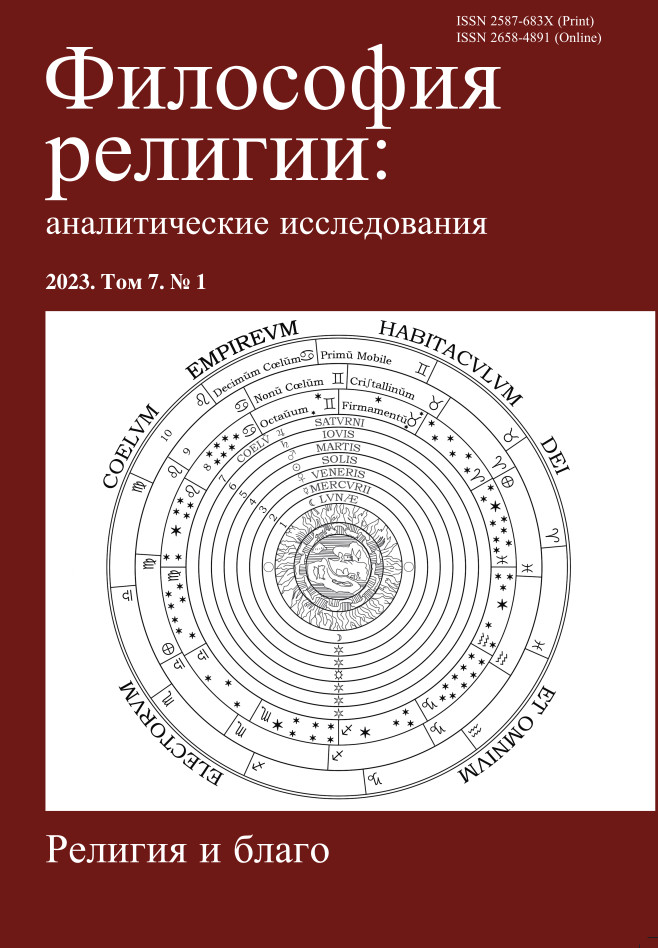Anthropological Prerequisites of Kant’s Ethico-theology
DOI:
https://doi.org/10.21146/2587-683X-2023-7-1-75-98Keywords:
Kant, ethics, practical anthropology, human nature, freedom, moral law, incentive, optimism, pessimism, intelligible deedAbstract
In Kant’s main treatise on philosophy of religion, the doctrine of religion itself is forestalled by a discourse about the moral quality of human nature, which has an outward appearance of an overt declaration of anthropological pessimism. This paper aims to investigate this introductory anthropological survey within the context of Kant’s ethical principles and philosophical methodology, as an anthropological framework of his philosophy of religion. Dogmatic optimism as well as dogmatic pessimism in anthropology equally eliminate the possibility of ethico-theology, conceived as religious extension of the ethics of duty. Between the positions of good and evil, between the two versions of rigorism, no mid-point is possible; they cannot be united in an abstract, external manner. Good and evil in Kant’s philosophy exists only as definitions of freedom, are traceable to an act of freedom and imputable to free actors. According to Kant, in human nature there is an inborn potential for the good: a receptivity for the moral law as self-sufficing incentive for an action. The moral law, although it is objectively (in the idea) the prevailing incentive, is at the same time subjectively (in the experience) weaker than the incentive from inclination. The reflection upon this circumstance uncovers an antinomy in the foundations of Kant’s doctrine of religion; transcendental idealism, specifically the notion of intelligible deed, which chooses the supreme maxim of one’s moral disposition, gives a clue for its solution. The problem of the moral quality of the will is therefore determined, not by the character of the performed action itself, but by the “form of a maxim”, by the interrelation of incentives in the rule which determines the action. And so the radical evil of human nature in the appearance does not revoke, for Kant, the unconditional relevance of the moral goal guiding free human beings.

 This work is licensed under a
This work is licensed under a 
